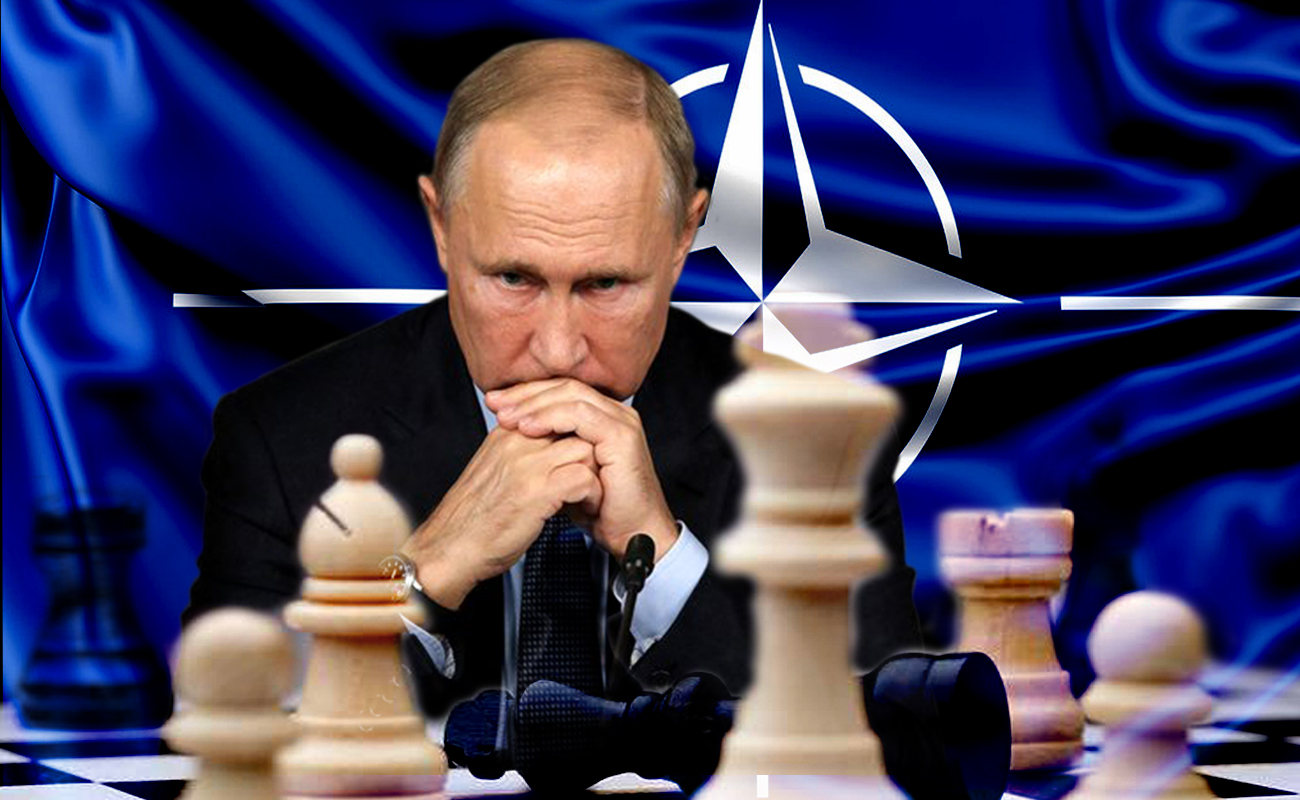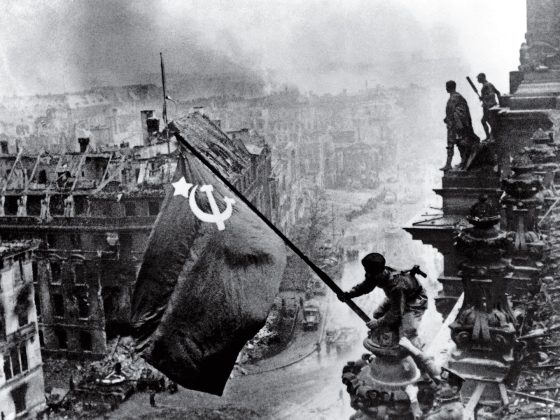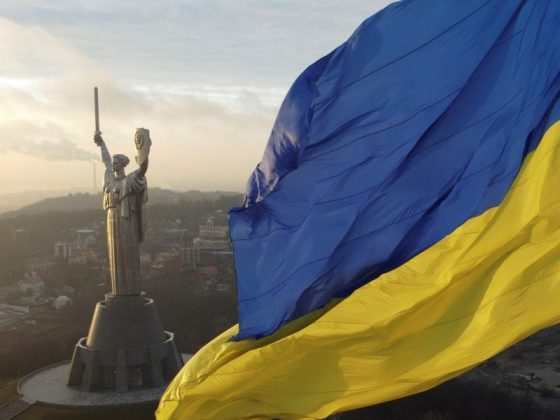Only last August, the U.S. had to leave Afghanistan in disgrace, leaving behind a destroyed country – and now they suddenly appear as the guardians of freedom, human rights and as the leading power of the West?
Without equating Russia and the USA, they are very similar in their foreign policy behaviour. Despite all the problems under Trump, the U.S. is and remains a democracy in which human rights can be litigated. Russia is only formally an (electoral) democracy, as Putin himself once put it, a managed democracy in which human rights can hardly be claimed. Despite this fundamental difference, it is quite astonishing how the past 20 years have been forgotten in the West. Were the wars in Afghanistan, Iraq and Libya always and in every respect legitimate? Weren’t hundreds of thousands of people killed in them and by no means always only the soldiers? Only last August, the U.S. had to leave Afghanistan in disgrace, leaving behind a destroyed country – and now they suddenly appear as the guardians of freedom, human rights and as the leading power of the West? Conversely, we need to realize that while the U.S. would advocate regime change in Russia as well, does this legitimize all the actions of the Russian leadership and the Russian army?
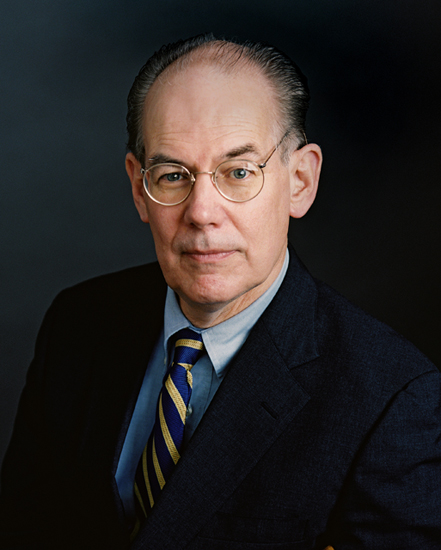
It is not only questionable whether Mearsheimer had the ear of the U.S. government – much more decisive is that he not only presents an analysis but in a sense naturalizes the struggle for spheres of influence and large areas.
And in essence, Mearsheimer can hardly hide the fact that neo-realism has models in the large-area policy of the Nazis and at least that of Carl Schmitt.
To find an explanation for the conflict over Ukraine, two theorists are very often referred to, John Mearsheimer from the U.S. and Alexander Dugin from Russia. The defenders of Russia resort to the line of thought of the neo-realists, which was significantly influenced by Mearsheimer. And Mearsheimer argues that Ukraine is not the issue at all, but rather a global political showdown between the United States and Russia over spheres of influence. He attests that the Russian side under Putin is only reacting to a covert war of the USA – with the means at their disposal. And with countries like Sweden, Finland and even Switzerland soon to join NATO, the U.S. strategy – if the government in Washington had stuck to Mearsheimer’s indirect script – would have been extremely successful. The unity of the West under U.S. leadership has also been restored overnight. Mearsheimer is always used in this context as evidence of the true intentions of the U.S. and the real culprit in this war. However, it is not only questionable whether Mearsheimer had the ear of the U.S. government – much more decisive is that he not only presents an analysis but in a sense naturalizes the struggle for spheres of influence and large areas. For the next step, if one were to share his views, one would have to concede such a policy to the US as well? And in essence, Mearsheimer can hardly hide the fact that neo-realism has models in the large-area policy of the Nazis and at least that of Carl Schmitt.
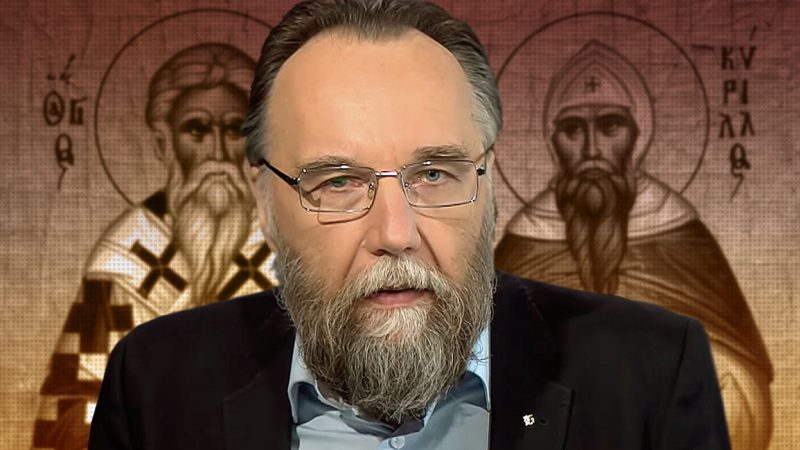
Dugin’s vision of Eurasia, on the other hand, is ideologically determined. But from his writings can be read the will to reconquer the Baltic states and large parts of the former Soviet Union and the Warsaw Treaty after Ukraine and to achieve at least Russian hegemony in Europe.
The same applies to the dreams of Alexander Dugin, a neo-fascist ideologue who has at times been said to be particularly close to Vladimir Putin. Just as with Mearsheimer, the government action of Russia cannot be traced to his ideologue, but there are similarities here as well. Dugin, too, starts from large spaces and, like Putin, includes in his considerations the great Eurasian project, the political-ideological linking of Asia and Europe under Russian leadership. And indeed, this perspective already exists in the Chinese New Silk Road and is being built up economically by President Xi and the Chinese leadership with billions of Yuan. Dugin’s vision of Eurasia, on the other hand, is ideologically determined. But from his writings can be read the will to reconquer the Baltic states and large parts of the former Soviet Union and the Warsaw Treaty after Ukraine and to achieve at least Russian hegemony in Europe.
What seems progressive here at first glance is the rejection of human equality – at its core, Dugin is concerned with a strictly hierarchical, estates-based society in which “white, male Europeans” are at the top.
In this way, Dugin positioned himself as an outstanding representative of geopolitical thought as well as a mastermind of a “Eurasian” – as opposed to “Atlantic” – cultural space. This corresponds to the “fourth political theory” he postulates, which, after liberalism, fascism and communism, is most likely to ensure the survival of mankind in the age of globalization in his view. Dugin’s theoretical advisers, besides Heidegger, is the French founder of the “Nouvelle Droite,” Alain de Benoist. All political systems of modernity are accordingly the results of three ideologies: The first and oldest, he says, is liberal democracy, the second is Marxism, and the third is fascism. The latter has long since failed, banished from history; the first no longer functions as an ideology, but as something taken for granted. The world today is on the brink of a post-political reality in which the values of liberalism are so deeply ingrained that the average person is not even aware of the effect of an ideology in his environment. Thus, liberalism threatens to monopolize political discourse, to flood the world with a universalistic sameness, and to destroy everything that makes different cultures and peoples unique. What seems progressive here at first glance is the rejection of human equality – at its core, Dugin is concerned with a strictly hierarchical, estates-based society in which “white, male Europeans” are at the top.
a new policy of the Non-Aligned Movement is necessary, because as understandable as partisanship may be due to the suffering in Ukraine, we should not allow ourselves to be instrumentalized by either side.
At their core, Mearsheimer and equally Dugin are representatives of a neo-colonial policy, in that they want to divide the whole world into their spheres of influence. This is what the U.S. has been trying to do since 2001 and now Russia as well. Still unclear is the role of China, which has not yet made a final decision and sees itself equally threatened by both visions. Instead of taking sides for one of the two positions, a new policy of the Non-Aligned Movement is necessary, because as understandable as partisanship may be due to the suffering in Ukraine, we should not allow ourselves to be instrumentalized by either side. Foreign Minister Lavrov had spoken of the need for a balanced world order during his visit to New Delhi. It would be of fundamental importance if Russia were to adhere to this itself. The real actors in such a balanced world order, however, would be the middle powers in a new movement of non-aligned states.
Feature Image Credit: ipis.ir

